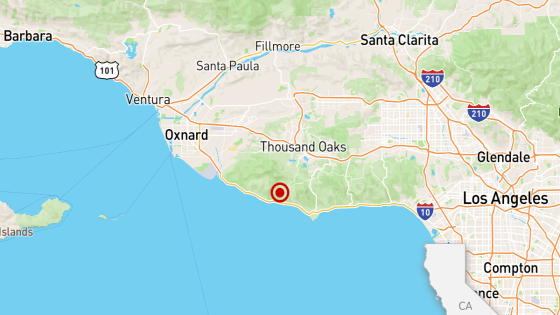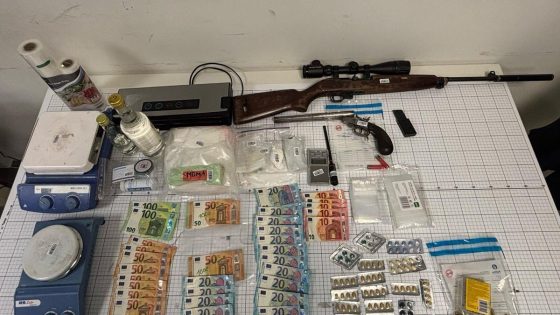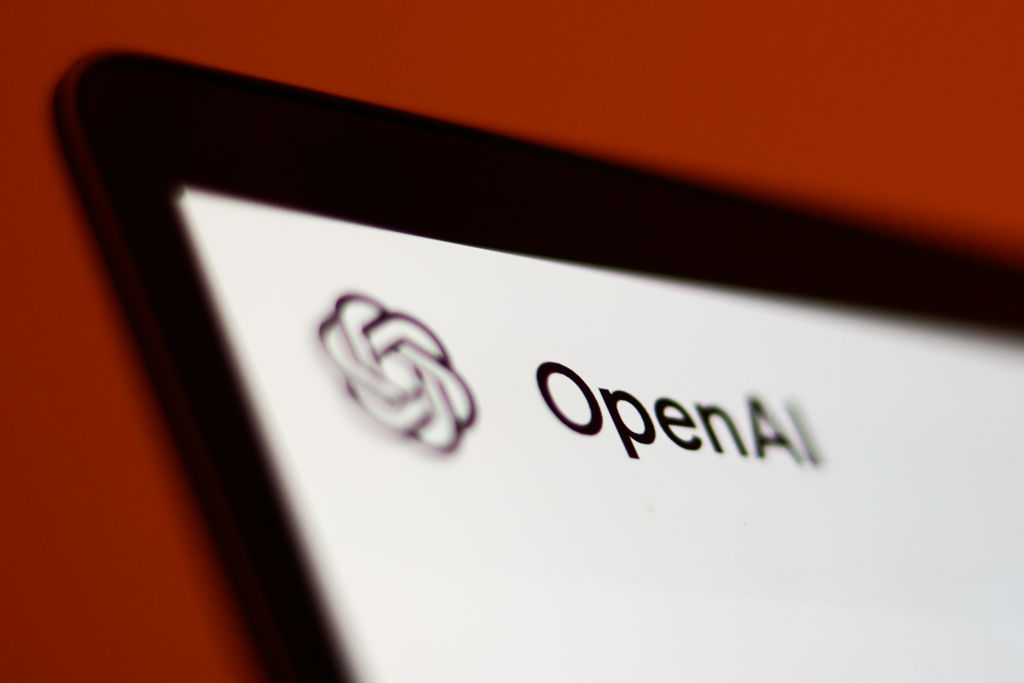On February 18, 2025, a surprising event unfolded at the Depok District Court when M Firdaus Oiwobo attended a hearing despite his advocate oath being suspended. How did he manage to appear in court? This unusual situation raises questions about the legal system and the role of lawyers in Indonesia.
- M Firdaus Oiwobo's advocate oath is suspended.
- He attended court as a plaintiff.
- Oiwobo is suing a university and BPN chief.
- His lawyer was absent due to illness.
- Court confirmed Oiwobo's role as plaintiff only.
- Mahkamah Agung's policy on advocate suspension.
Oiwobo was present as a plaintiff, not as a lawyer, which sparked curiosity among observers regarding the implications of his attendance.
Why Did M Firdaus Oiwobo Attend Court Despite His Suspended Advocate Status?
What does it mean when a lawyer appears in court under such circumstances? M Firdaus Oiwobo’s attendance at the Depok District Court raises important questions about legal representation and the rights of individuals in the judicial system.
Understanding the Legal Context of Oiwobo’s Court Appearance
Oiwobo’s case involves a civil lawsuit against a university and the former head of the Depok National Land Agency. His lawyer, Indrayoto Budi, was unable to attend due to health issues, forcing Oiwobo to represent himself. This scenario is not just about one individual; it reflects broader themes in legal representation and access to justice.
The Implications of Legal Representation in Indonesia
Legal representation is crucial for ensuring fair trials. Oiwobo’s situation emphasizes the need for clear guidelines regarding lawyer conduct and representation in court. Here are some key points:
- Suspended lawyers can still appear as plaintiffs.
- Self-representation is an option when lawyers are unavailable.
- Legal clarity is essential for maintaining justice.
- Health issues of lawyers can impact court proceedings.
What This Means for Future Legal Cases
Oiwobo’s court appearance could set a precedent for how similar cases are handled in the future. It raises questions about the rights of individuals to represent themselves and the responsibilities of legal professionals. The legal community may need to reassess policies to ensure that all parties receive fair treatment in court.
In conclusion, M Firdaus Oiwobo’s appearance in court as a plaintiff rather than a lawyer sheds light on the complexities of legal representation in Indonesia. As the legal landscape evolves, it is essential for all stakeholders to understand their rights and responsibilities to ensure justice is served.
































